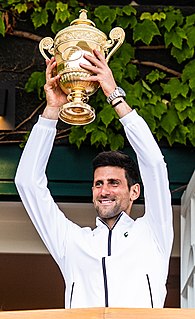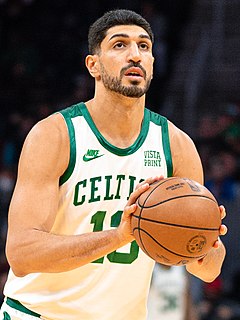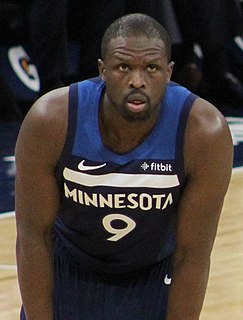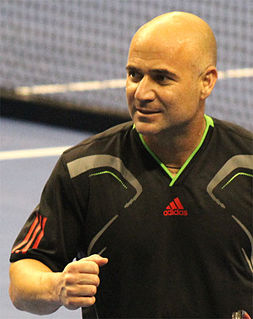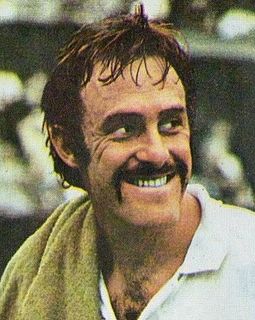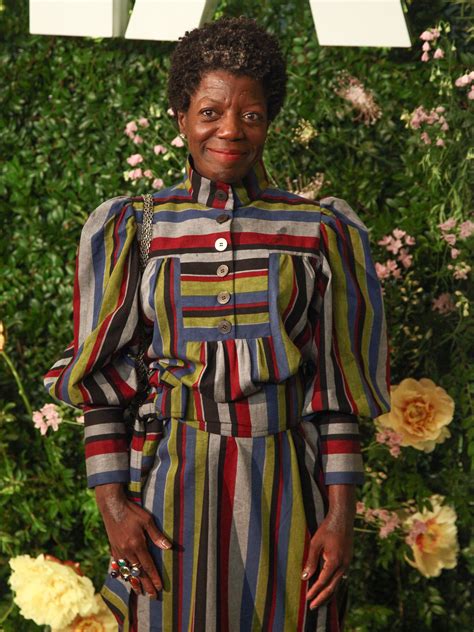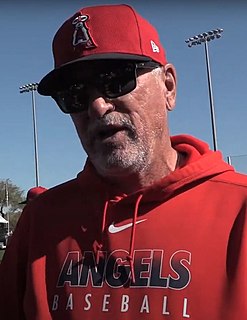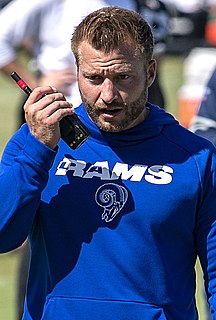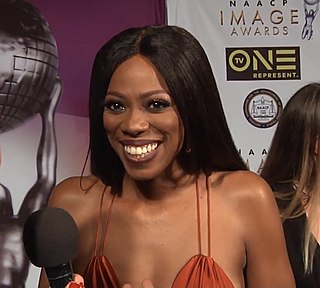A Quote by Casemiro
Related Quotes
I don't think there has been enough communication between the players and the tournaments. In one sense it's just as much the players' fault. Players talk between each other and in the locker room about things that can be improved and then when the time comes to talk and really do something about it they stop.
When you are speaking to your team after a game, never talk about the kid who was the star of the game. Talk about what your other players did to help the team win. Be sure to spread the wealth... Then have individual meetings with one to three players to praise and reinforce. Make sure you touch them.
On the contrary, it's because somebody knows something about it that we can't talk about physics . It's the things that nobody knows anything about that we can discuss. We can talk about the weather; we can talk about social problems; we can talk about psychology; we can talk about international finance gold transfers we can't talk about, because those are understood so it's the subject that nobody knows anything about that we can all talk about!
People think this is all about the top players hitting tenins balls and they talk about technique and strategy and how important that is. But they don't understand the essence of competition. This is one-on-one, two players out there fighting each other with everything they have, trying to bring the best out of themselves. And the difference at this level of the game is all in the head and in the heart.
I belong to a bowling team with black and Latino coworkers. And when we get together and we talk about politics - I'm almost quoting him - he said, we don't talk about Black Lives Matters. We talk about what matters to our families. We talk about jobs, and we talk about the fate of the country. That is America, and you can reach those people.
What happens at the average church or synagogue or mosque is that I don't know many priests or ministers or rabbis who say to their congregation, 'go home and talk about the religion at the kitchen table with your kids...talk about God, talk about what this is all about.' They say in general, come back on the weekend, we'll talk to you about it.

